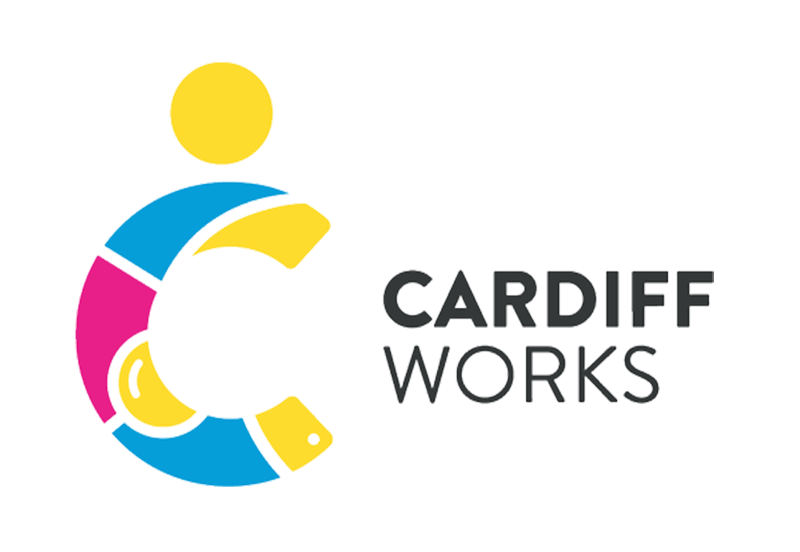Fuel, bills and household goods

Utility bills such as gas, electricity and water can take up a large part of your income.
There are ways listed below to help you reduce your bills, but if you need help please contact us or drop into a Hub for more information.
Benefits and Grants for Gas and Electricity
A £25 payment for each 7-day period between 1 November 2025 and 31 March 2026 when temperatures are below 0 degrees Celsius. Payments are made automatically into bank accounts.
To be eligible you must be in receipt of a means tested benefit as well as other conditions.
A one-off payment into your bank account to help with the cost of fuel bills. If you are a couple, only one payment is made.
Most eligible people are paid in November or December. You may be paid later if you’re waiting for a decision on another benefit, for example Pension Credit. Find out what to do if you are not paid.
Warm Home Discount is a one-off discount of £150, taken off your electricity bill. This is automatic – you do not have to apply. If you are on a pre-payment meter your supplier will tell you how to get the discount if you are eligible.
Find out what to do if you’re entitled to the discount but have not received it yet.
If you are in debt with fuel bills you may be able to repay this debt by having a fixed amount taken directly from your benefits, instead of having a prepayment meter fitted.
You should speak to the Job Centre or Pension Service who will contact your energy supplier. You can also ask for ongoing bills to be paid direct from your benefits.
Help to make homes more energy efficient and reduce bills
Provides free, impartial advice to make sure you are on the best energy and water tariff, lower your carbon footprint, install low carbon technology and check benefit entitlement.
If you have no heating or hot water and you meet the NEST eligibility criteria, you may be able to get your boiler repaired or replaced.
You will be offered energy saving measures too.
Customers may be eligible for home energy efficiency improvements such as:
- Insulation
- A heat pump
- Solar panels
You must own or rent your home from a private landlord and meet NEST’s income rules. For full details visit NEST’s website
Telephone 0808 808 2244
Energy efficient upgrades available through this scheme include:
- Cavity Wall Insulation
- Loft Insulation
- Underfloor insulation
Each product has its own criteria, including if you are a homeowner or tenant, as well as qualifying benefits and income. It also depends on the type of property you live in.
Self refer via Warm Wales
or call 0800 091 1786 (select option 1)
Great British Insulation Scheme – The scheme is currently closed to new applicants.
Homeowners could get an interest-free loan between £1,000 and £25,000 for energy efficiency measures through the Welsh Government’s Green Homes Wales Scheme, with repayment terms up to 10 years.
For more information visit Green Homes Wales
Independent Energy Advice and Further Support
NEA provide energy advice, support with bills and debts. They can help with finding cheaper tariffs and have energy saving tips.
The energy regulator provides support and information. There is also information about making complaints about your energy company.
Most suppliers have a Priority Services Register for vulnerable groups. This can provide help with such areas as:
- supply interruption advance warnings
- free annual gas safety checks
- arranging meter readings and moving meters
Contact your energy supplier for more information.
Household Goods
Individual Assistance Payment (IAP)
A grant to help you or someone you care for live independently in their home or a property that you or they are moving into.
What you can use the grant for
The grant will provide/supply:
- a fridge or washing machine and other ‘white goods’
- home furniture such as beds, sofas and chairs
You can only apply through an approved partner. Contact us and we will check if you are eligible and help you to apply.
They can help you to:
- pay gas and energy debts and other householder debts e.g. rent arrears, council tax
- purchasing essential items e.g. washing machines and cookers
- provide other forms of financial assistance such as deposits and funeral expenses
You should check if your energy supplier runs a scheme. If it does, you can apply online, or we can refer customers to our partners for help completing the form.
If your supplier doesn’t run a scheme, you may be able to apply to British Gas Energy Trust.
Welsh Water
If you are on a low income, have a large family or have disabilities or health conditions that mean you use more water, you may qualify for a reduced water bill.
If you’re in severe debt with Welsh Water, we can help you make an application to their Customer Assistance Fund to help reduce what you owe if you are unable to do this yourself.
If you have a baby, an illness that requires water, have sight or hearing difficulties or are elderly or disabled you can get extra help. The Welsh Water Priority Services Register means you get help with:
- Alternative water supply if your supply is interrupted
- Alternative ways of getting information
- Reassurance against bogus callers
Energy Saving Tips
- Swap 1 bath a week for a 4 min shower – can save up to £11 per year.
- Do 1 fewer wash each week, fill your washing machine each time (but don’t overload) and set your machine to 30⁰C – can save up to £28 per year (note that for dirty clothes you may need a higher temp).
- Only charge your devices when they near 0% and take them off charge when they reach 100% – can save up to £60 per year.
- Only boil the water you need in a kettle / use a smaller kettle – can save up to £8 per year.
- Turn off lights when not in a room, no matter how long for – can save up to £20 per year.
- Turn off unused devices at the mains switch and don’t leave on standby – can save up to £55 per year.
- Only have your heating on when required. Better to turn on and off than have on all the time.
- Use individual radiator thermostats in addition to the main thermostat for the house. Set the thermostats on the radiators in the rooms that you use less often, such as hallways and bedrooms, to a lower temp and when they reach this temp they will stop heating further – can save up to £85 per year.
- Moving furniture away from radiators allows heat to move more efficiently around a room.
- Turn down the temperature on the front of a combi boiler to 55⁰C, the average acceptable temp. The hotter the temp is set at, the more energy used.





